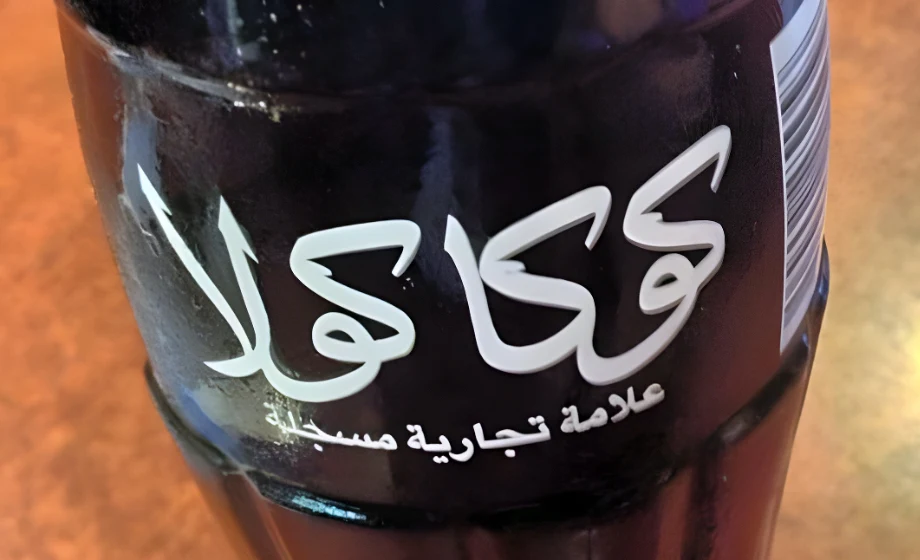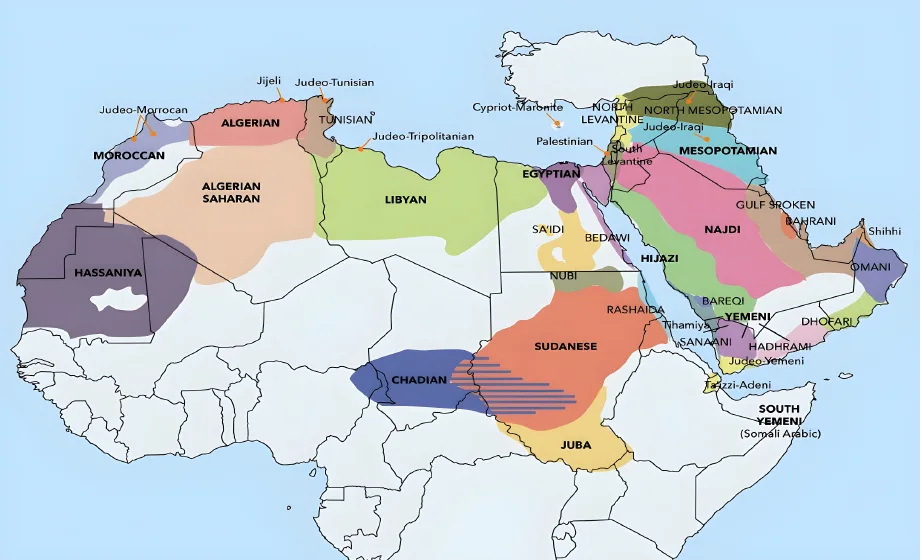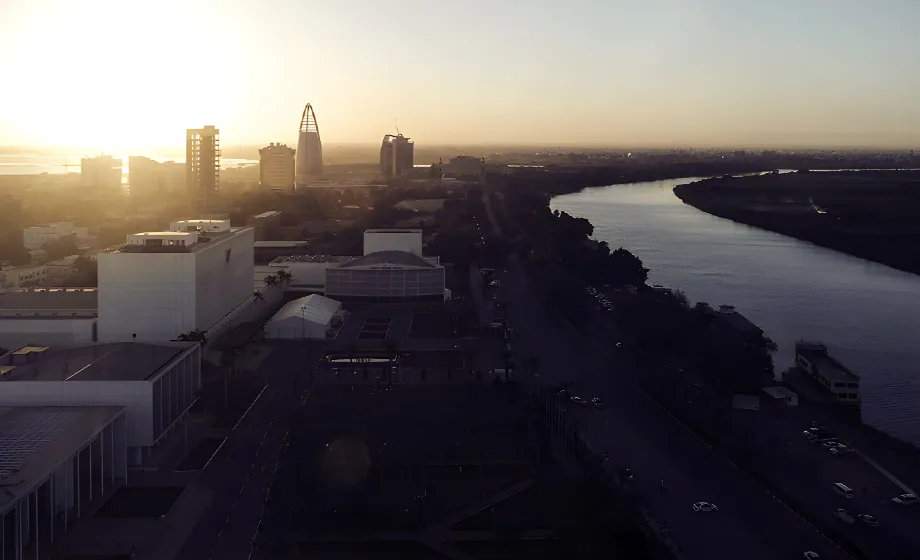We’ve heard this question from lawyers, multinationals, and others doing business in the Middle East.
And we know where you’re coming from: cost is always an issue and there may just not be enough time to get a translator.
So just when, if ever, is it OK for the busy professional with 50 other things on their agenda, to copy and paste that document into Google Language Tools?
“Absolutely Never!”
…is what many translation companies would tell you, with the rationale that translation is an art and computers can never fully grasp the nuance of written language.
Of course, it also stands to reason that these translators wouldn’t be pleased to be put out of business by Google.
But Industry Arabic is more pragmatic.
In the business world, we know that sometimes you need to just get stuff done!
And, in fact, Google Translate – while it cannot produce an ironclad, nuanced, client-ready document – there are some times when it can help you save time and money.
Proceed with Caution!
Google Translate can be helpful in the following circumstances:
1. You just need to know the gist of the document.
It’s 3 pm and there is a string of Arabic emails from your clients in your inbox – the same Emirati clients you will be meeting with within an hour. It would be nice to have at least a general sense of what the documents say going into your meeting. In this case – go for it. This is probably where Google Translate is most useful.
2. You are looking for a very specific piece of information.
Let’s say you’ve exchanged letters with a Bahraini client over the last month regarding the date of a conference. You just received a letter in Arabic that can only contain one bit of information: confirmation of the final date of the conference. In this case, the computer is unlikely to mess this up, and sending it to a translator wouldn’t be cost or time effective. Fire up the Googles
3. If the document is less than 2 pages.
Translation software works by going through huge matched collections of human-translated text and statistically guessing about the translations of words and phrases based on how they were translated in the past. In other words, it makes no effort to learn grammatical rules or patterns, the way humans learn the language.
This weakness causes grammatical errors to crop up, and these mistakes compound, making documents more difficult to understand the longer they go on. As a general rule of thumb, machine translations of more than two pages, stand a much greater risk of coming out a pile of garbled junk.
Don’t even think about it!
1. If the information is important to you.
Google Translate cannot be compared to a skilled human translator. At its best, it misses tone, cultural nuance, and legal/technical subtleties, and at its worst, it can be completely incomprehensible to the point where you are unable to find even the basic information that you need.
If, however, you are dealing with a document that is in any way shape, or form “important” then you are better off sending it to a translator
2. If the document is for the final consumption of a client
While Google Translator can help you identify words and phrases within some Arabic documents, it should never be used for final documents that might be read by a client (or any human being who will judge you in any way!). It will be immediately, and glaringly, obvious if you copy and paste from Google into a Word document.
Ready to start your human translation today?
If you’re ready to begin or discuss a translation project, just press the button below for your free translation quote. We strive to get a personalized project quote back within 30 minutes during normal business hours (Monday – Friday 8-6 EST).


